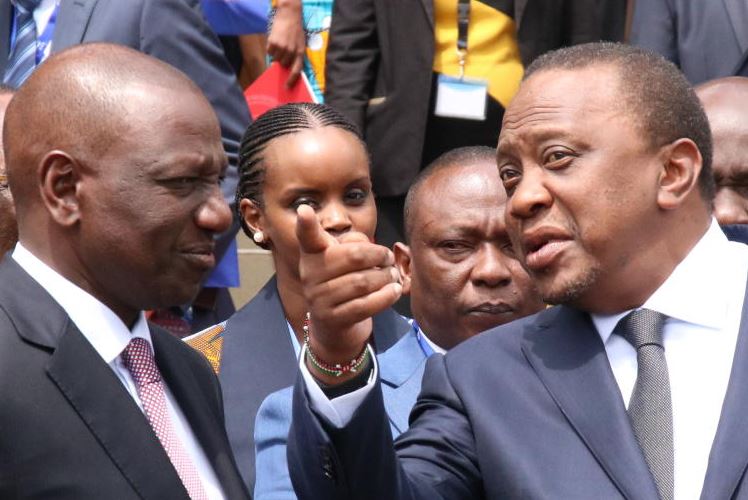×
The Standard e-Paper
Stay Informed, Even Offline

Deputy President William Ruto walked into Jubilee House, the glass edifice at Pangani area built at the end of a cemetery, to engage in lofty party discussion but ended up whiling his time at the kitchen with the rank and file of the political outfit.
Days later, he stormed the building with a group of loyalists and declared that he would henceforth pitch camp there in a final act of defiance that has set him up for disciplinary action in a party he once declared a prototype for other political entities.